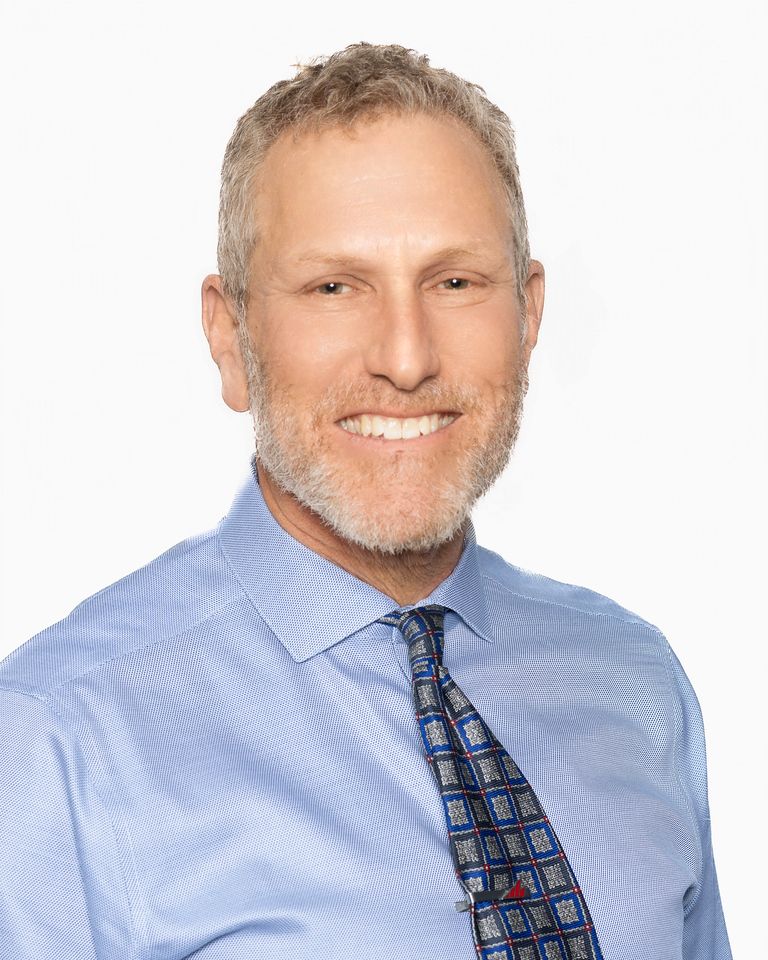Building bridges to the ‘Longevity Economy’
At the recent Boulder Economic Council’s Economic Forecast, State Demographer Elizabeth Garner presented a looming challenge for Colorado and Boulder: Our aging population.
Garner explained that Colorado has the third-fastest growth of people over age 65 in the U.S. Boulder, alone, could see an 84 percent increase in over-65-age residents by 2030. At the same time, Colorado’s working age population of 18- to 64-year-olds is expected to grow more slowly. These changes could affect our economic vitality by, for example, squeezing our already constrained housing market, reducing spending power, and putting upward pressure on healthcare costs.
The social impact of this coming demographic shift could lead to potential intergenerational conflict that pits younger workers against “dependent” elders. There already are calls for cutting the social safety net that supports our aging citizens in the name of cost savings. But I believe we can ameliorate these impacts and create more positive outcomes by embracing what has been called the “longevity economy.” To do so, all of us — young and old — need to work together for mutual benefit to achieve the values we all share.
SPONSORED CONTENT
The many benefits of simple, coordinated healthcare
Kaiser Permanente combines health care and coverage in one connected system to maximize employee health and minimize employer costs.
Capitalizing on the “Longevity Economy”
In the last few years, experts have begun recognizing the economic opportunities our aging population presents. In the picture that MIT AgeLab’s Joseph Coughlin and others who first coined the “longevity economy” phrase paint, older generations are not infirm dependents. Instead, they are consumers and workers driving a fast-growing market currently worth about $8 trillion in the U.S. alone. Just as importantly from a qualitative perspective, this population cohort, writes Coughlin, has a “continued personal and professional ambition, desire for experience, and quest for self-actualization, [and] are building a striking, unheralded vision of longer life.”
Although many businesses have failed to fully recognize the opportunity associated with an aging workforce, I have no doubt that, as a center for business and economic innovation, companies in Boulder will seize what the World Economic Forum has characterized as a “longevity dividend.” But it will require both the business community and the community at large to adopt enlightened principles and policies.
The World Economic Forum has identified some principles for capturing the benefits of this aging workforce. They include such practices as providing age-neutral and supportive work environments, fostering inclusive cultures, providing opportunities for lifelong learning, offering financial planning incentives for longer working lives, and supporting healthy aging and caregiving.
Building Inter-Generational Alliances
To fully capitalize on the longevity economy, we also need to avoid the temptation to engage in inter-generational conflict. Millennials comprise a huge demographic cohort, eclipsing the big baby-boom bump. Because, as a recent Brookings Institution report recognizes, the millennial generation is more diverse demographically and in its political and social attitudes, it can be a philosophic “bridge” to more inclusive future prosperity.
Since baby boomers will remain a significant economically and politically influential cohort, it will be necessary to harness their influence to demand the policy changes that finally help us overcome the seeds of economic division. Bringing the generations together around this common vision for a more inclusive prosperity will require each generation to abandon the stereotypes it holds of the other. Further, they will need to share power. That is how we coalesce around the common values that will shape a more promising future.
The Boulder Chamber helps promote bridge-building across the generations through a variety of business mentoring and support programs. Most notable is the Leadership Fellows Boulder County program that we produce in partnership with the Community Foundation Serving Boulder County. Within your own business and community activities, consider what opportunities you can create for building the inter-generational alliances that will advance common values while helping us take full advantage of the longevity economy.
John Tayer is president and CEO of the Boulder Chamber of Commerce. He can be reached at (303) 442-1044, ext 110 or john.tayer@boulderchamber.com.
At the recent Boulder Economic Council’s Economic Forecast, State Demographer Elizabeth Garner presented a looming challenge for Colorado and Boulder: Our aging population.
Garner explained that Colorado has the third-fastest growth of people over age 65 in the U.S. Boulder, alone, could see an 84 percent increase in over-65-age residents by 2030. At the same time, Colorado’s working age population of 18- to 64-year-olds is expected to grow more slowly. These changes could affect our economic vitality by, for example, squeezing our already constrained housing market, reducing spending power, and putting upward pressure on healthcare…
THIS ARTICLE IS FOR SUBSCRIBERS ONLY
Continue reading for less than $3 per week!
Get a month of award-winning local business news, trends and insights
Access award-winning content today!


